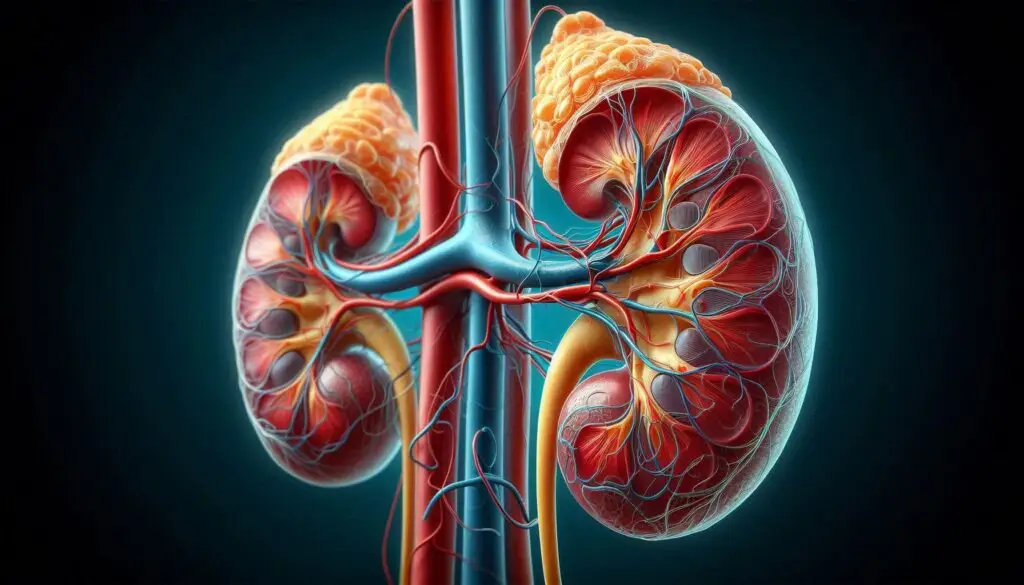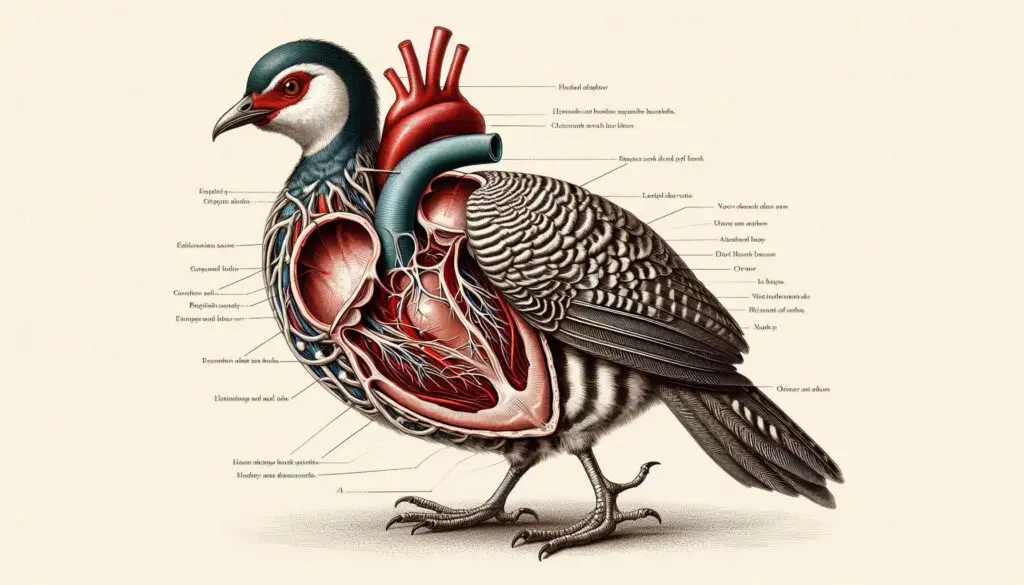Functions of the Kidney in Animals

1. Introduction to Kidney Functions
The kidneys are vital organs found in vertebrates and some invertebrates. They serve multiple functions that are essential for life. Each kidney contains approximately one million nephrons, the functional units responsible for filtering blood and producing urine. The primary functions of the kidneys include:
- Filtration of Blood
- Regulation of Water Balance
- Electrolyte and Acid-Base Balance
- Blood Pressure Regulation
- Hormone Production
- Excretion of Metabolic Waste
2. Filtration of Blood
One of the primary functions of the kidneys is to filter blood. This process occurs in the nephrons, where blood enters through the glomerulus, a network of tiny blood vessels. Here’s how it works:
- Glomerular Filtration: Blood pressure forces water and small solutes through the glomerular membrane while retaining larger molecules like proteins and blood cells.
- Formation of Filtrate: The filtered fluid, known as filtrate, collects in Bowman’s capsule and moves into the renal tubules for further processing.
This filtration process is crucial because it removes waste products from metabolism, such as urea and creatinine, which can be toxic if allowed to accumulate in the body.
3. Regulation of Water Balance
The kidneys play a significant role in maintaining water balance within the body. They adjust the amount of water reabsorbed back into the bloodstream based on hydration levels. This process involves:
- Antidiuretic Hormone (ADH): When the body is dehydrated, ADH is released, prompting the kidneys to reabsorb more water.
- Dilute vs. Concentrated Urine: Depending on hydration status, kidneys can produce either dilute urine (when excess water is present) or concentrated urine (to conserve water).
This regulation is vital for preventing dehydration or overhydration, both of which can lead to serious health issues.
4. Electrolyte and Acid-Base Balance
In addition to water regulation, kidneys maintain electrolyte levels and acid-base balance:
- Electrolyte Regulation: The kidneys filter and reabsorb essential electrolytes like sodium, potassium, and calcium. This balance is crucial for nerve function and muscle contraction.
- Acid-Base Balance: By excreting hydrogen ions and reabsorbing bicarbonate ions, kidneys help regulate blood pH levels. This function is vital for maintaining a stable internal environment.
5. Blood Pressure Regulation
The kidneys also play a critical role in regulating blood pressure through the renin-angiotensin-aldosterone system (RAAS):
- Renin Release: When blood pressure drops, kidneys release an enzyme called renin.
- Angiotensin Formation: Renin converts angiotensinogen (produced by the liver) into angiotensin I, which is then converted to angiotensin II by an enzyme from the lungs.
- Effects on Blood Pressure: Angiotensin II causes blood vessels to constrict and stimulates aldosterone release from the adrenal glands, leading to sodium and water retention.
This intricate system helps maintain adequate blood pressure and ensures proper kidney function.
6. Hormone Production
The kidneys produce several hormones that are essential for various bodily functions:
- Erythropoietin (EPO): This hormone stimulates red blood cell production in response to low oxygen levels in the blood.
- Calcitriol: The active form of vitamin D is produced by the kidneys, which helps regulate calcium levels in the body.
These hormones play significant roles in processes such as oxygen transport and bone health.
7. Excretion of Metabolic Waste
The excretion of metabolic waste is another critical function of the kidneys:
- Nitrogenous Waste Removal: The kidneys filter out nitrogenous wastes from protein metabolism, including urea and uric acid.
- Urine Formation: After filtration and reabsorption processes, waste products are concentrated into urine, which is then excreted from the body.
This excretory function prevents toxic buildup and maintains overall health.
8. Adaptations Across Species
Different animal species have adapted their kidney functions based on their environments:
- Freshwater Fish: These fish produce large amounts of dilute urine to expel excess water absorbed from their surroundings.
- Terrestrial Animals: Creatures like frogs can create both dilute and concentrated urine depending on whether they are in water or on land.
- Reptiles and Birds: These animals convert nitrogenous wastes into uric acid, which requires less water for excretion—an adaptation advantageous in arid environments.
These adaptations illustrate how kidney functions vary across species while fulfilling similar roles.
9. Conclusion
In summary, kidneys are multifunctional organs essential for maintaining homeostasis in animals. Their roles include filtering blood, regulating fluids and electrolytes, controlling blood pressure, producing hormones, and excreting waste products. Understanding these functions highlights the importance of kidney health for overall well-being.
For more pearls of Vets Wisdom:



Responses